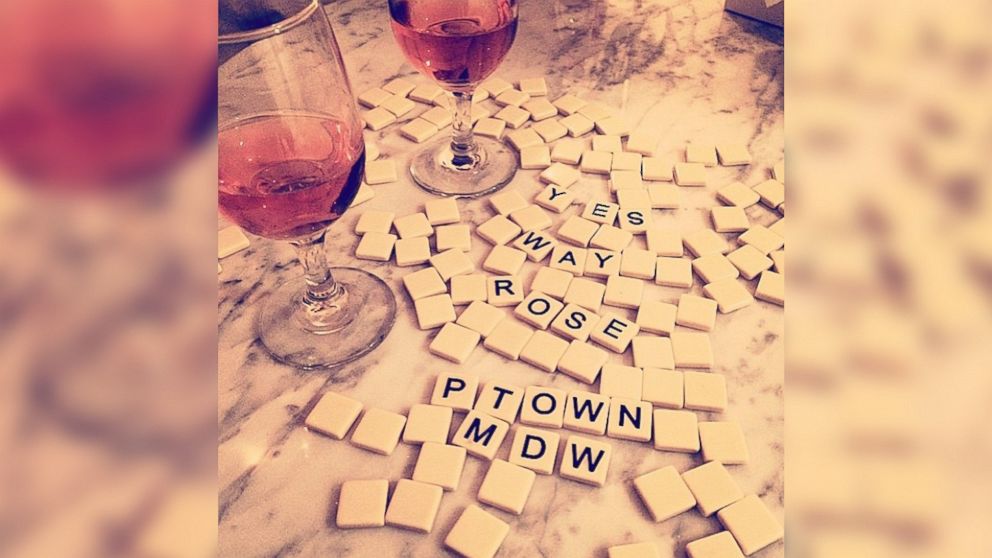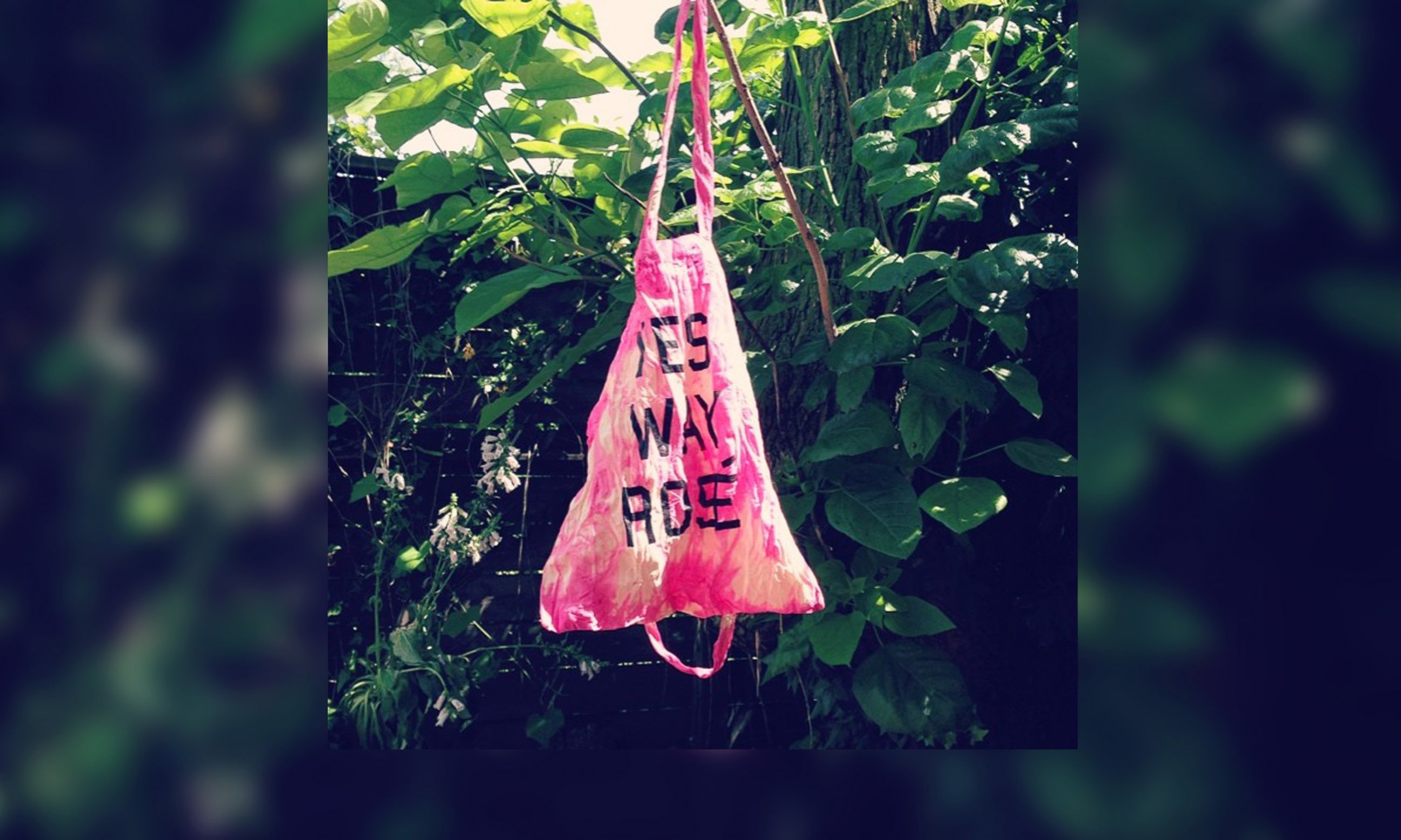Yes Way, Rosé: Wine Inspires Instagram Meme, Totes and Tees
'Tis the season to drink pink vino, say wine lovers.

— -- Wine lovers are increasingly viewing the world through rosé-tinted glasses, say industry leaders, pointing to double-digit growth in U.S. retail sales of premium imported rosé wines every year of the past decade.
In addition to toasts, this season the pink libation has inspired an Instagram meme, totes and tees. The battle cry for this merry movement? "Yes way, rosé."
Erica Blumenthal and Nikki Huganir are the masterminds behind the trending hashtags #yeswayrose, #summerwater and #rosevibes, which came to them after they realized they were exclusively sipping the rosy stuff after Memorial Day. Soon, the catchy phrases were gracing tote bags, shirts and iPhone sleeves on their own e-commerce site.
Wines in U.S. Not Required to List Animal Byproducts
Wine in a Paint Can: Lithuania's Drink du Jour
"Drink your pinks, eat your greens. #healthé #drinkpink #yeswayrosé" commanded one recent Instagram post snapped during dinner hours.
Typically made using red grapes, rosé juice has very little contact with the skins during the winemaking process, leaving behind trace amounts of color, flavors and tannins. This results in a combination of red wine on the nose and palate, with the freshness and structure of a white wine, say wine experts.
In other words, it's very easy on the palate.

"Sales of rosé wine overtook sales of white wine in France 20 years ago for a very good reason," said Stephen Cronk, founder of Mirabeau, which is based in Provence--the largest rosé producing region in France. "Many people enjoy the flavors of red wines but either find them too heavy in summer or they don’t like the stronger tannins in red. With delicious aromas of summer fruits combined with a fresh, citrusy acidity on the palate, a well made Provence rosé is pure sunshine in a glass."
Laëtitia March-Nulton, U.S. export manager for Baron Philippe de Rothschild, which produces Mouton Cadet, agreed with the sentiment.
"It's exciting to see the growing popularity of rosé wines in the U.S.!" said March-Nulton. "Many still associate rosé as a sweet wine, but traditional rosés are made in a dry style."
The lingering stereotype is a holdover from several sweet blush labels produced during the 70s and 80s. But today's bottles veer away from saccharine tastes.
"Our 2013 Mouton Cadet Rosé is a blend of 60% Merlot along with Cabernet Franc and Cabernet Sauvignon," added March-Nulton. "It’s fresh, fruit-forward, crisp and shows aromas and flavors of redcurrant and raspberry with a touch of white blossom. We love to pair the 2013 Mouton Cadet Rosé with a nice, meaty tuna Nicoise sandwich accented with egg, tomato, olives and greens; grilled shrimp with BBQ sauce, or even simply with a plate of charcuterie."
While the girls at Yes Way, Rosé champion drinking rosé year-round, and producers interviewed for this story declined to share a cutoff date for quaffing, most drinkers wean themselves off of the wine after Labor Day.
Should you choose to indulge further along in the calendar year, just be sure to safeguard your stock.
"The vast majority of rosés are made to be drunk within 1-2 years," said Cronk. "In order for them to remain fresh over longer time periods, care must be taken not to expose the wine to harmful UV rays."
After all, summer can't last forever.




